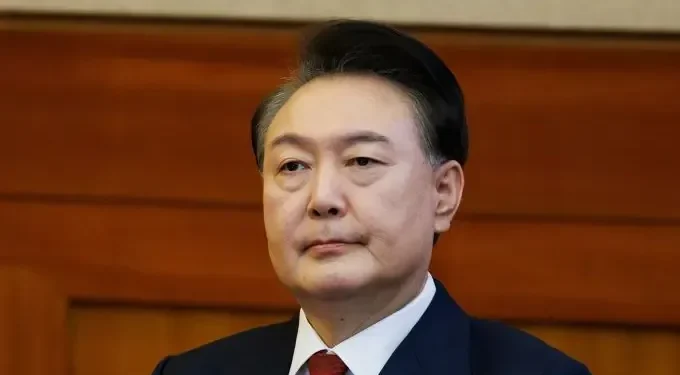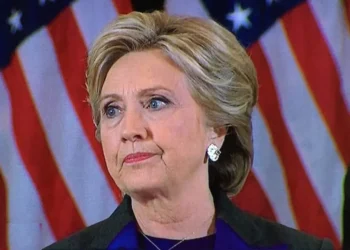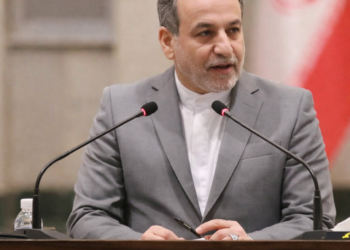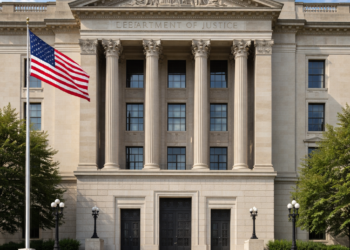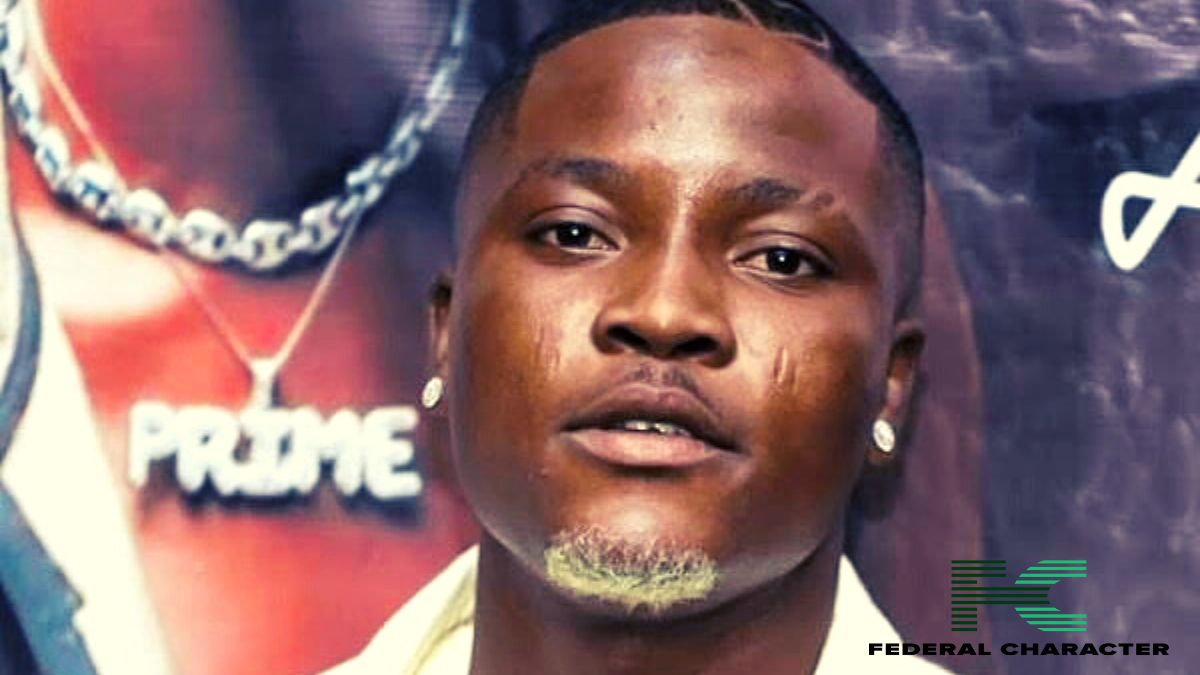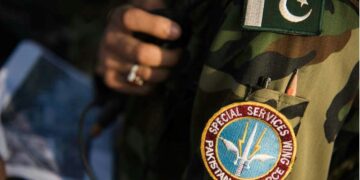Former South Korean President Yoon Suk Yeol returned to solitary confinement at Seoul Detention Center on Thursday after a court approved prosecutors’ request for his renewed detention. The decision comes as special investigators pursue additional charges related to Yoon’s controversial December 3 martial law declaration attempt, which the court previously deemed a potential act of insurrection punishable by life imprisonment.
The 62-year-old conservative leader began his second stint in Uiwang’s high-security facility with standard intake procedures – mugshot photographs and a thorough physical inspection. Yoon will spend up to 20 days in a 10-square-meter solitary cell, sleeping on a floor mattress with only a small fan for relief during South Korea’s ongoing heatwave.
His daily routine follows strict prison regulations: 6:30 AM wake-up, 9:00 PM lights-out, and three meals totaling 2,500 calories, including Thursday’s dinner of red bean paste marinated grilled beef with kimchi.

With this detention, Yoon is joining disgraced former President Park Geun-hye as the latest South Korean leader to experience incarceration at the Uiwang facility. His case uniquely involves martial law rather than corruption charges, with prosecutors alleging he mobilized presidential guards to obstruct justice during the initial investigation. The special counsel has six months to formalize new indictments that could extend Yoon’s detention through trial proceedings.
Why It Matters
The case has drawn international attention as a test case for democratic safeguards against executive overreach. Yale legal scholar Jeong-Ho Roh had this to say: “South Korea continues setting the global standard for holding leaders accountable, even for attempted rather than realized constitutional violations.” The proceedings coincide with the increased scrutiny of presidential powers worldwide following similar crises in Peru and Brazil.
Prosecutors must now build their expanded case before the 20-day detention period expires, with options to seek a six-month extension if new charges are filed. There are varied opinions that the special counsel is focusing on whether Yoon compromised national security by allegedly inflating North Korean threats to justify his martial law bid. The court’s willingness to grant detention indicates judges view both flight risk and evidence-tampering concerns as a substantial risk.

